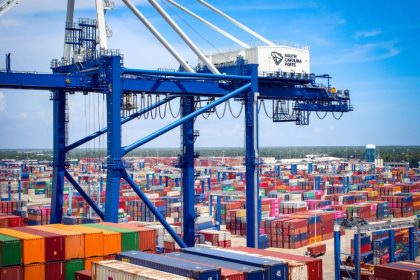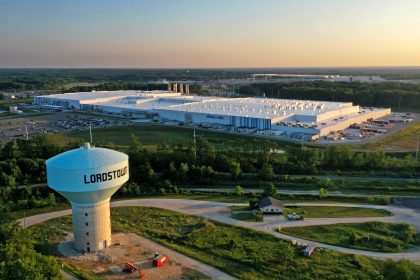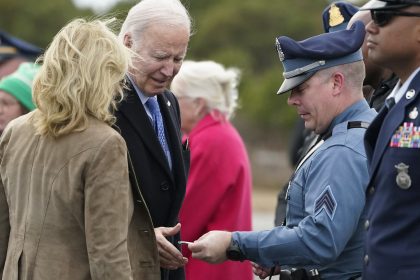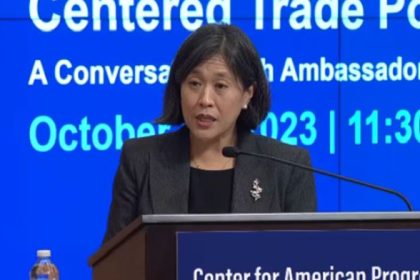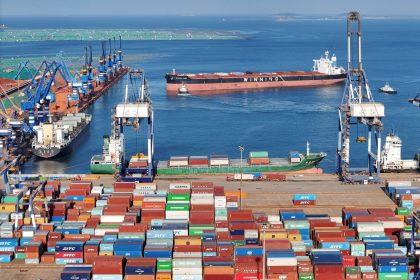Inter-American Development Bank Creates Toolkit for Nearshoring Supply Chains
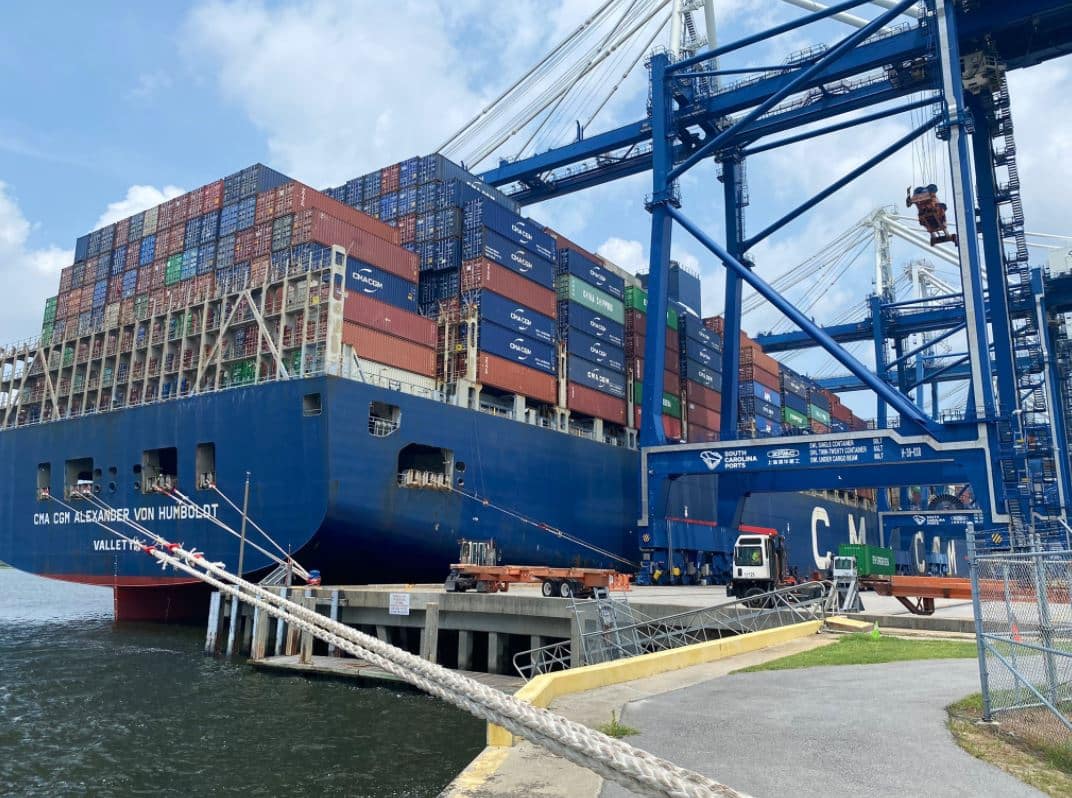
WASHINGTON — Among the unpredicted impacts of COVID-19 was the vulnerability of American dependence on manufacturing and services from China. Everything from consumer products to pharmaceuticals and health and safety equipment experienced delays and shortages as a result of China dominating so many aspects of global supply chains.
“We’ve witnessed how that overreliance… is not only unwise but dangerous,” Mauricio Claver-Carone, president of the Inter-American Development Bank told The Wilson Center, an independent research organization.
From economic and national security issues to health, safety, and environmental issues, a lot of the past year’s headaches were what Claver-Carone succinctly identified as “the result of putting too many eggs in one basket.”
Even before the pandemic, the Trump administration was already promoting a ‘Back to Americas Initiative’ to return some facilities outsourced to China back to the United States and base others in Latin America and the Caribbean. As a result of the pandemic, this concept of nearshoring became even more opportune, creating greater diversity in manufacturing and bolstering supply chains closer to home.
The Biden administration has also emphasized bringing jobs back to the U.S. and the region, and legislation such as Rep. Mark Green’s, R-Tenn., Latin American Nearshoring Act also provides incentives for companies to move production facilities or invest in manufacturing and services in the Americas and Caribbean.
Nearshoring opportunities have been praised for economic development, international trade and investment, and even improving the lives of people in the region, but these opportunities vary country by country and even by sector, with few Latin American nations truly poised to take advantage in the immediate or near-term. Political unrest and corruption are equal to financing as the region’s major obstacles to overcome.
Claver-Carone has made it IDB’s mission to change this, making “nearshoring a business line now for investing at IDG.”
“If Latin America captured just 10% from top ten source destinations outside the western hemisphere, [it] would increase exports by about $72 billion per year,” he said.
The bank, tasked with creating opportunities for its shareholders in 26 countries, recently released its Vision 2025 initiative, which included regional integration and strengthening value chains; support for small and medium-sized firms in order to narrow an estimated $1 trillion financing gap; promotion of a digital economy; and the prioritization of gender and climate change response.
Where Latin America has been one of the least integrated regions in the world, Claver-Carone claims IDB is ready to make capital investments and loan guarantees, adopt regulatory transparency practices, and perhaps even aid in harmonizing complex interregional trade agreements.
“IDB is truly leading the way on nearshoring,” he said. “We’re the only entity other than Japan that has a toolkit to focus on financing, [boosting services, and exports].”
While some private sector organizations have already banded together to form Free Zones, which have been praised for their potential to increase foreign direct investment and create local jobs, Claver-Carone admits that they are “not a panacea for growth, but we think they can be a [part of the] solution.”
Through IDB, Claver-Carone hopes to look farther — to products and sectors rarely available to Latin America — and find new comparative advantages in nearshore supply chains.
Decoupling from existing production and trade is not easy or cheap, but Claver-Carone said Columbia, Uruguay, Costa Rica, and Guatemala were already seeing movement. “And if a company wants to move to the region, we’ll help finance their move.”
“The key question is, do you want that import to come from China and Asia, or do you want that to come from right here in the Caribbean?” Claver-Carone asked, while also repudiating that IDB’s nearshoring efforts could be at odds with any attempt to bring jobs back to the U.S.
“They’re not competitive, they’re compatible,” said Claver-Carone. “There’s no angle that doesn’t show how it benefits Latin America and the region.”


















